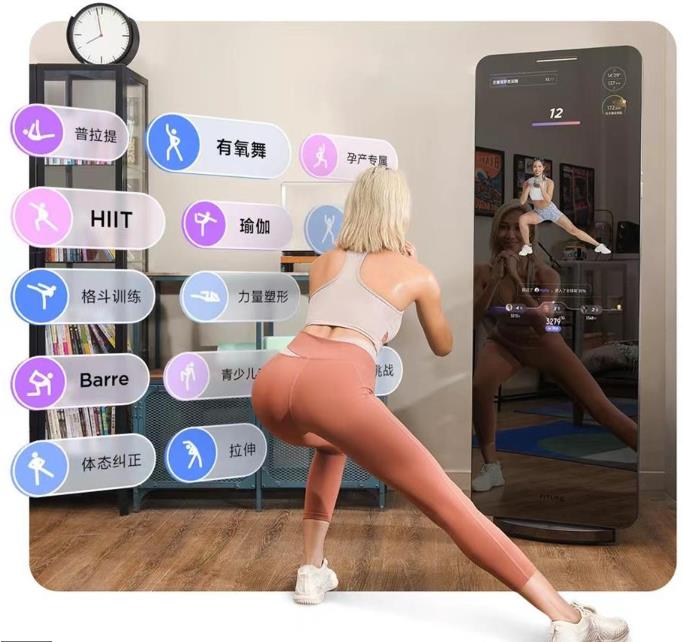
今日上海
疫情下众多工作娱乐场景移至线上 - 2022年07月12日
Pandemic forces changes as people's lifestyle goes digital

People are increasingly accessing tourism sites and overseas products digitally, unable or unwilling to go outside amid strict and ever-changing pandemic control rules.
Scenes of tourism routes in Dali, a popular attraction in Yunnan Province, have been copied and uploaded into the cyber world or metaverse. Users can visit and "walk into" digital versions of Dali in an immersive experience.
The metaverse version is built by China's biggest tourism group, Trip.com, and startup HiAR, both based in Shanghai. They call Dali and West Yunnan "the first steps" for metaverse tourism in China.
New technologies such as the metaverse and augmented reality are becoming key boosters for the development of the tourism industry as pandemic prevention and control measures become a part of daily life, said Trip.
It also fits Shanghai's blueprint to develop the metaverse, which will empower the economy, life, and the digital transformation of governance.
Shanghai aims to foster 10 leading enterprises with international competitiveness and achieve an overall industrial scale of 350 billion yuan (US$54 billion) by 2025.
Virtual travel and online exhibitions have become the "new fashion" during the pandemic, said Amazon China and Lonely Planet.
Consumers are invited by them to watch several one-hour livestream programs for "Must-Experience" tourism destinations globally.
From Monday, consumers can attend an online shopping festival held by the Amazon Global Store. It offers over 32 million items from 550,000 international brands on Amazon's overseas websites.
Amazon offers many discounted products and shipping services directly to Chinese consumers.
That means Amazon, the top US online retailer, has not given up on the Chinese e-commerce market, despite announcing recently it would withdraw its Kindle e-book business from the Chinese mainland.
In 2021, Chinese consumers spent nine times more in Amazon's Global Store than they did in 2015.
Sales during the 2021 Black Friday shopping season showed a 50 percent increase year on year.

A new smart device, the Magic Mirror, is becoming trendy. It allows users to exercise at home, with online courses and AI tutoring.
Xiaojing, a housewife who used to spend about 150 days a year in gyms, has swapped to Magic Mirror 3 developed by startup Fiture.
It features a display up to 43-inches, professional sound effects and a sports lighting system.
It has an AI-powered Motion Engine, able to analyze users' motions and give real-time feedback.
"It's much better than livestream programs, even those by Will Liu (an actor-turned-gym livesteamer who has gone viral in China). It's like a customized tutor to serve me only," said Xiaojing.
Magic Mirror 3 has over 3,000 fitness courses with popular categories in aerobics, high-intensity interval training, yoga and Chinese-style dancing. Most can be completed in living rooms.
Fiture has raised over US$400 million since it was founded in 2019, through investors such as Tencent. Now it has users throughout China.
Source: Shanghai Daily

